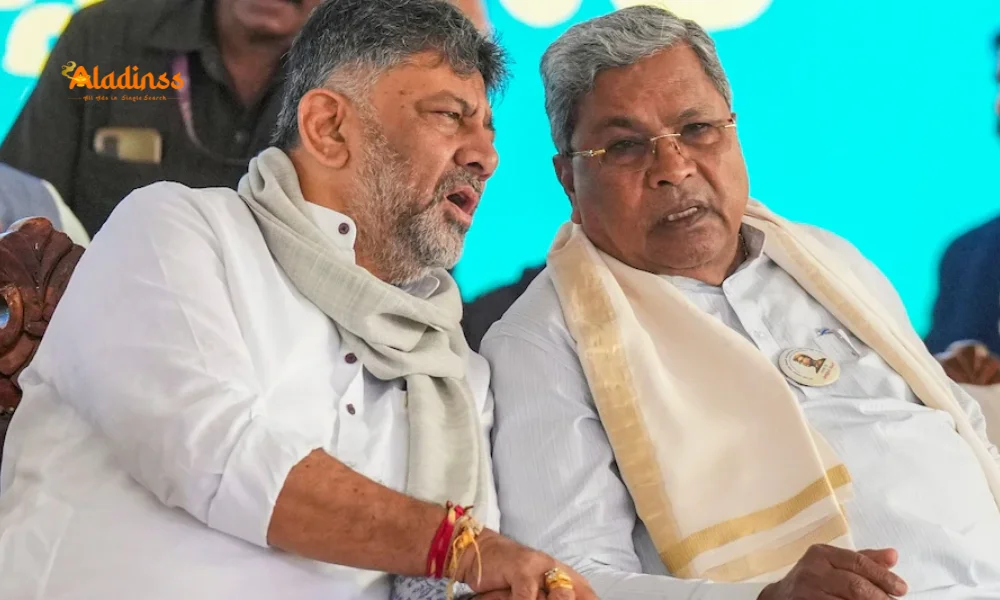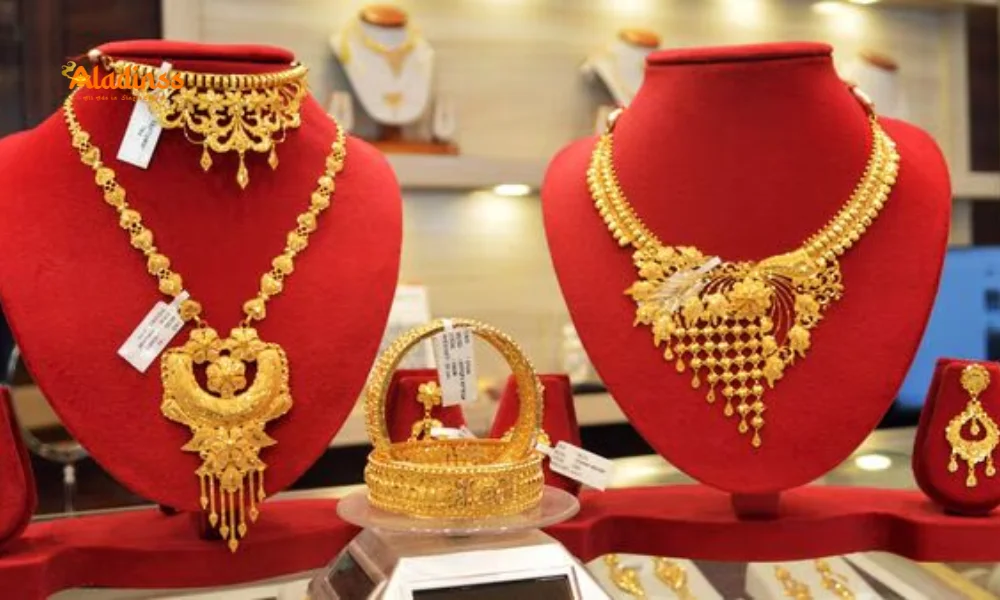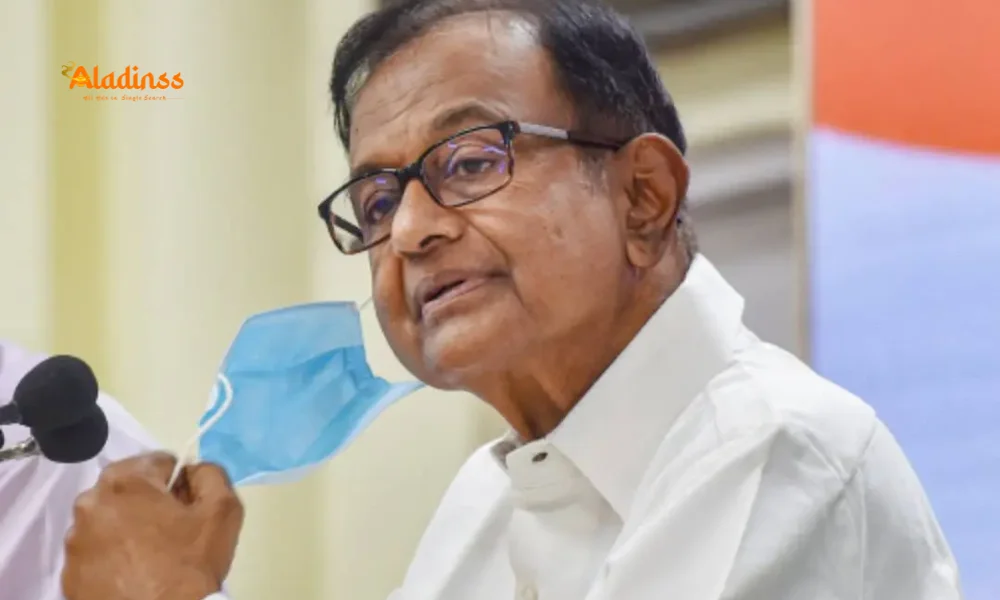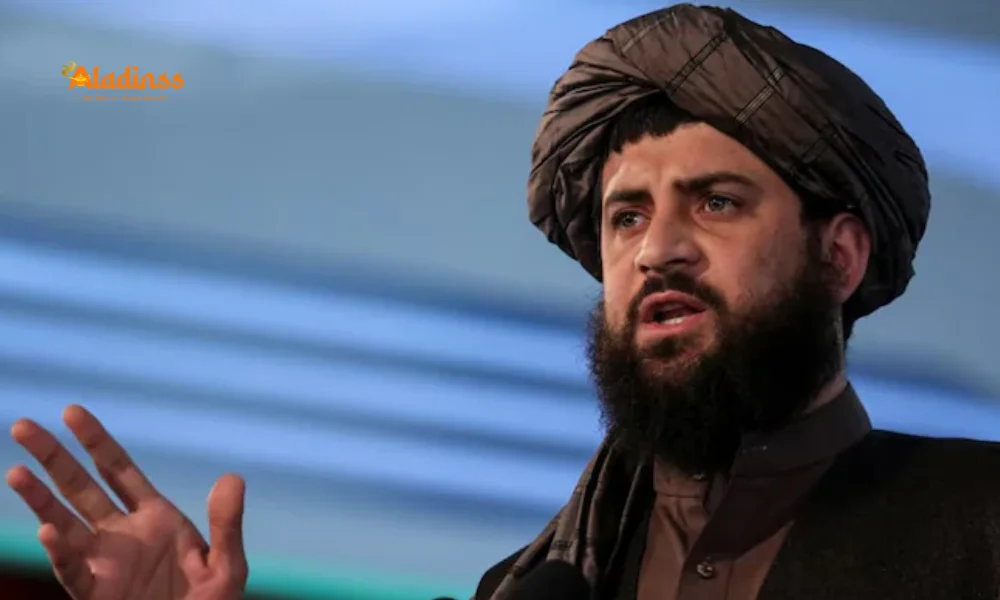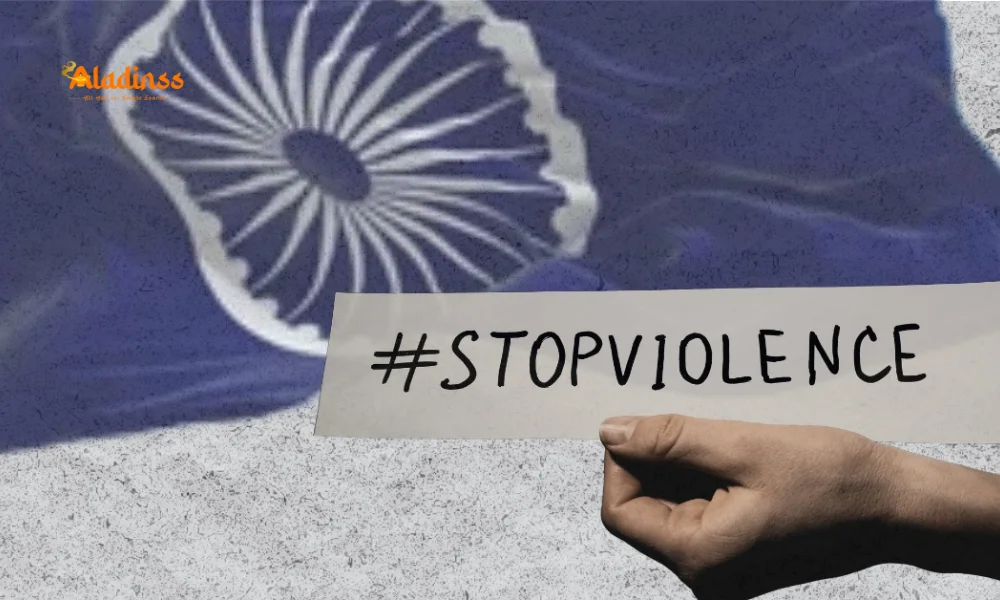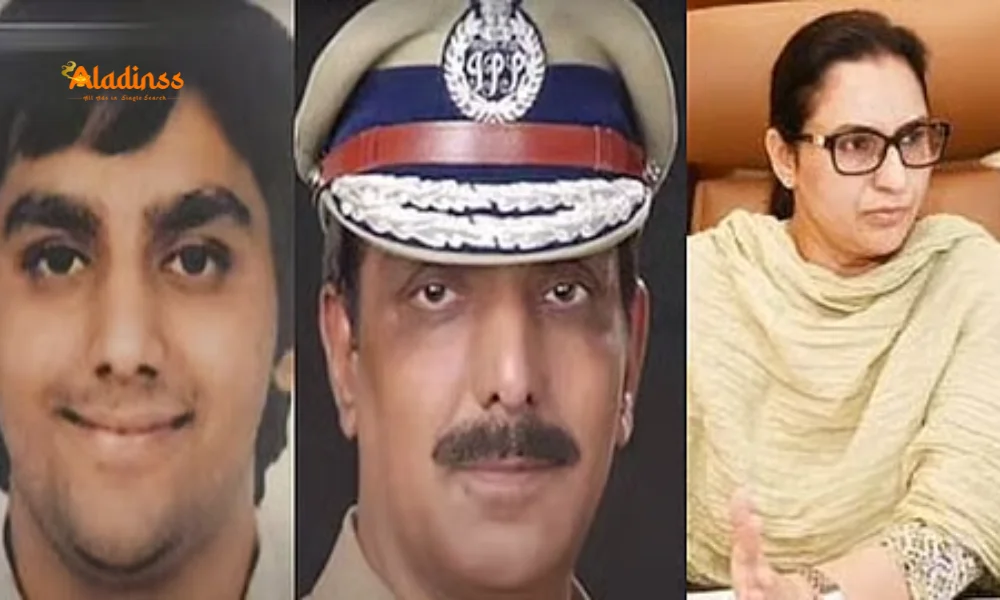Trump–Modi Diwali Call: Joint Push to End Russia–Ukraine War Shocks the World
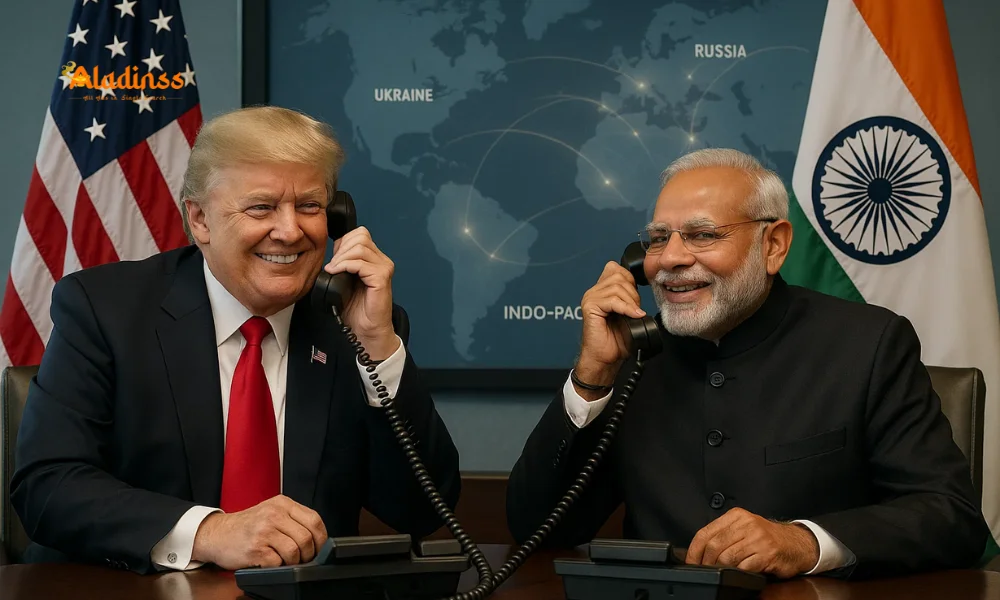
Trump’s Diwali Call with Modi: Push to End Russia-Ukraine War
On October 21, 2025, U.S. President Donald Trump revealed details of a heartfelt Diwali phone call with Indian Prime Minister Narendra Modi, where both leaders expressed a shared desire to see the Russia-Ukraine war come to an end. Speaking at a vibrant Diwali celebration at the White House, Trump claimed that Modi has significantly reduced India’s oil purchases from Russia, aligning with efforts to curb Moscow’s influence. The conversation also touched on strengthening US-India relations through trade and regional peace, highlighting the deep bond between the two nations.
Trump praised Modi as a “great friend” and emphasized the importance of their dialogue in fostering unity and cooperation. He noted that India’s decision to scale back Russian oil imports reflects a mutual commitment to global stability. The call, set against the backdrop of Diwali, underscored the cultural and diplomatic ties that continue to strengthen the partnership between the world’s two largest democracies.
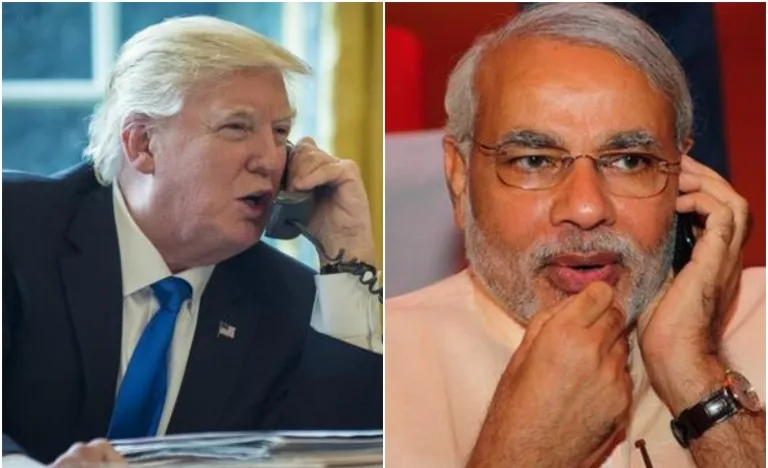
Modi’s Stance on Russian Oil and Global Peace
During the Diwali call, Trump highlighted Modi’s commitment to reducing India’s reliance on Russian oil, a move he described as a significant step toward ending the Russia-Ukraine conflict. “He’s not going to buy much oil from Russia. He wants to see that war end as much as I do,” Trump stated. This aligns with broader U.S. efforts to limit Russia’s economic leverage amid the ongoing war, which has disrupted global energy markets and heightened geopolitical tensions.
India, a major importer of Russian oil, has faced scrutiny for its trade practices, with Trump recently accusing New Delhi of profiting from reselling Russian oil on the open market. However, the Diwali call suggests a shift toward alignment, with Modi reportedly scaling back oil purchases to support peace efforts. This development could reshape India’s energy strategy and its role in global diplomacy.
Trade Tensions and Tariff Threats
Despite the positive tone of the Diwali call, Trump’s remarks come amid recent tensions over trade. In a social media post, he accused India of buying “massive amounts” of Russian oil and reselling it for profit, claiming that this undermines efforts to address the Ukraine conflict. Trump threatened to impose substantial tariffs on India, signaling potential challenges in the US-India trade relationship. The tariffs, if implemented, could impact India’s exports to the U.S., a key market for Indian goods.
During the call, however, Trump emphasized productive trade discussions with Modi, noting that the Indian leader is “very interested” in expanding bilateral trade. The conversation reflects a delicate balance between addressing trade disputes and fostering economic cooperation, with both leaders aiming to strengthen the US-India partnership.
Diwali Celebration at the White House
The Diwali celebration at the White House, where Trump shared details of his call with Modi, was a vibrant event attended by members of the Indian-American community and senior administration officials. The festival, known as the Festival of Lights, symbolizes unity, hope, and the triumph of good over evil. Trump extended warm wishes to Americans observing Diwali, highlighting the cultural significance of the event in fostering community ties.
The event underscored the growing influence of the Indian-American diaspora in strengthening US-India relations. Trump’s participation, including the traditional lighting of the diya, reflected the deepening cultural and diplomatic bonds between the two nations. The celebration also provided a platform to highlight shared values and mutual goals in promoting global peace and prosperity.
Regional Stability and India-Pakistan Relations
In addition to trade and the Russia-Ukraine war, Trump and Modi discussed the importance of maintaining peace in South Asia, particularly between India and Pakistan. Trump noted that their earlier conversations helped ensure “no wars with Pakistan,” describing it as a “very, very good thing.” This reflects the broader diplomatic efforts to stabilize the region, where tensions have historically been high.
The absence of conflict between India and Pakistan, facilitated in part by trade discussions, underscores the strategic importance of the US-India partnership in promoting regional stability. Both leaders expressed optimism about continued cooperation to address shared challenges, including terrorism and geopolitical conflicts.
The Broader Context of US-India Relations
The Diwali call between Trump and Modi is a testament to the strengthening ties between the U.S. and India, two of the world’s largest democracies. Their personal rapport, built over years of engagement, has fostered a robust partnership that spans trade, security, and cultural exchange. The discussion on Russian oil imports highlights India’s evolving role in global energy markets and its potential to influence geopolitical outcomes.
The U.S. and India have made significant strides in recent years, with bilateral trade reaching over $190 billion in 2024. The Diwali call underscores the mutual commitment to expanding economic cooperation while addressing global challenges such as the Russia-Ukraine war. However, the threat of tariffs looms as a potential hurdle, requiring careful navigation to maintain the positive trajectory of US-India relations.
Global Implications of the Russia-Ukraine War
The Russia-Ukraine war, now in its third year, has had far-reaching consequences for global energy markets, supply chains, and geopolitical alliances. India’s role as a major oil importer has placed it at the center of international discussions, with Western nations urging New Delhi to reduce its reliance on Russian energy. Trump’s claim that Modi is cutting back on Russian oil suggests a strategic alignment with U.S. interests, potentially reshaping global energy dynamics.
The war has also heightened concerns about global security, with nations like India and the U.S. playing critical roles in advocating for peace. The Diwali call reflects a shared vision for a stable and prosperous world, with both leaders committed to ending the conflict and mitigating its economic fallout.
Looking Ahead: A Stronger US-India Partnership
The Diwali call between Trump and Modi signals a promising future for US-India relations, despite challenges posed by trade disputes and tariff threats. The leaders’ commitment to ending the Russia-Ukraine war and fostering regional peace highlights the strategic importance of their partnership. As both nations navigate complex global challenges, their collaboration will be crucial in shaping a stable and prosperous world order.
The White House Diwali celebration, coupled with the productive dialogue between Trump and Modi, underscores the cultural and diplomatic bonds that continue to unite the U.S. and India. As the two nations work together to address global challenges, their partnership remains a beacon of hope for peace, prosperity, and unity in an uncertain world.
Comment / Reply From
No comments yet. Be the first to comment!
